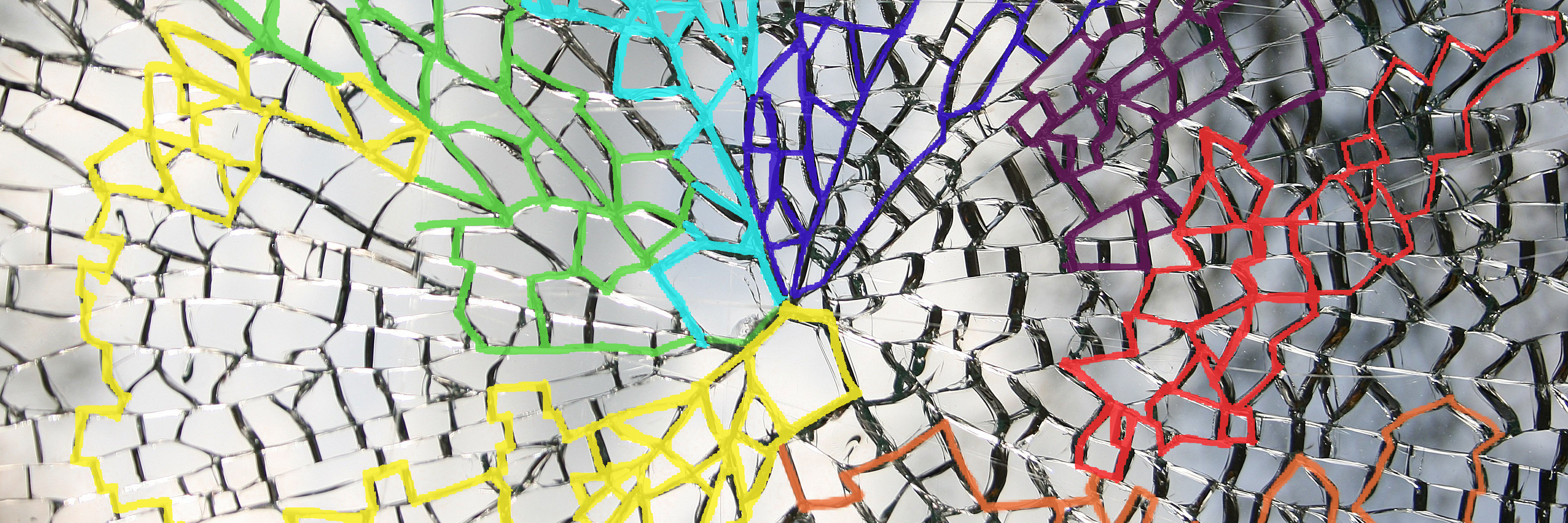Mini-Courses: Rough Paths, Signatures, and their applications in Machine Learning

The project Signatures for Images cordially invite you to join them for two mini-courses intended for MSc and PhD students who are interested in Rough Paths, Signatures, and their applications in Machine Learning.
The speakers for these lectures will be Professor Hao Ni from University College London (UK) and Professor Samy Tindel from Purdue University (USA). The event is scheduled to take place at the Executive area of BI Norwegian Business School, Campus Oslo, Nydalen.
On both days, we will commence at 09:00 and conclude at 12:00. Following each session, we extend an invitation to all participants to join us for lunch in the BI canteen. Please feel free to share this invitation with anyone you believe would find it the topic interesting.
To ensure we can accommodate everyone for lunch, kindly send us an email at Fabian.a.harang@bi.no if you plan to attend. Your response will assist us in making the necessary arrangements.
PROGRAMME
Thursday 23 November 09:00 – 12:00
Prof. Hao Ni, University College London
Path development network for sequential data analysis
The path signature, a mathematically principled and universal feature of sequential data, leads to a performance boost of deep learning-based models in various sequential data tasks as a complimentary feature. However, it suffers from the curse of dimensionality when the path dimension is high. To tackle this problem, we propose a novel, trainable path development layer, which exploits representations of sequential data with the help of finite-dimensional matrix Lie groups. During this lecture, I will introduce the path development layer and its theoretical background. Besides, I will present the backpropagation algorithm of the development layer via an optimisation method on manifolds known as trivialisation. Furthermore, numerical experiments demonstrate that the path development consistently and significantly outperforms signature features on several empirical datasets. Moreover, stacking the LSTM with the development layer with a suitable matrix Lie group is empirically proven to alleviate the gradient issues of LSTMs and the resulting hybrid model achieves the state-of-the-art performance. This lecture is based on joint work with Hang Lou (UCL) and Siran Li (Shanghai Jiao Tong University). The paper can be found via the link (https://arxiv.org/pdf/2204.00740.pdf).
Friday 24 November 09:00 – 12:00
Prof. Samy Tindel, Purdue University
An overview of 2-d signatures methods
In this talk I will first briefly recall why signatures (called 1-d signatures) have been successful elements in data analysis, provided we are analyzing objects which can be indexed by a time parameter. Then I will describe and discuss 2 methods which can potentially produce valuable notions of signatures for images (called 2-d signatures). (1) The first method is based on iterated integrals in the plane. The type of signatures used in this case are extracted from change of variable formulae in the plane, similarly to the usual rough paths setting. I will introduce carefully this kind of object and discuss some of their properties. Then I will focus on a numerical study, which indicates that low dimensional features based on 2-d signatures discriminate efficiently between different textures in image processing. (2) The second method which will be discussed is based on a class of PDEs whose dynamics are governed by curvatures. This class of PDEs is extremely popular in image restoration. Our twist is to use methods inspired by regularity structures in order to expand curvature driven PDEs with respect to their initial condition. This produces a hierarchy of concrete linear equations whose solutions can be interpreted as a signature. I will describe this method in an elementary way. This talk will focus on theoretical and applied aspects of the current investigation on signatures. I will try to give a broad overview of the objects I’m manipulating, without entering in too much technical details.